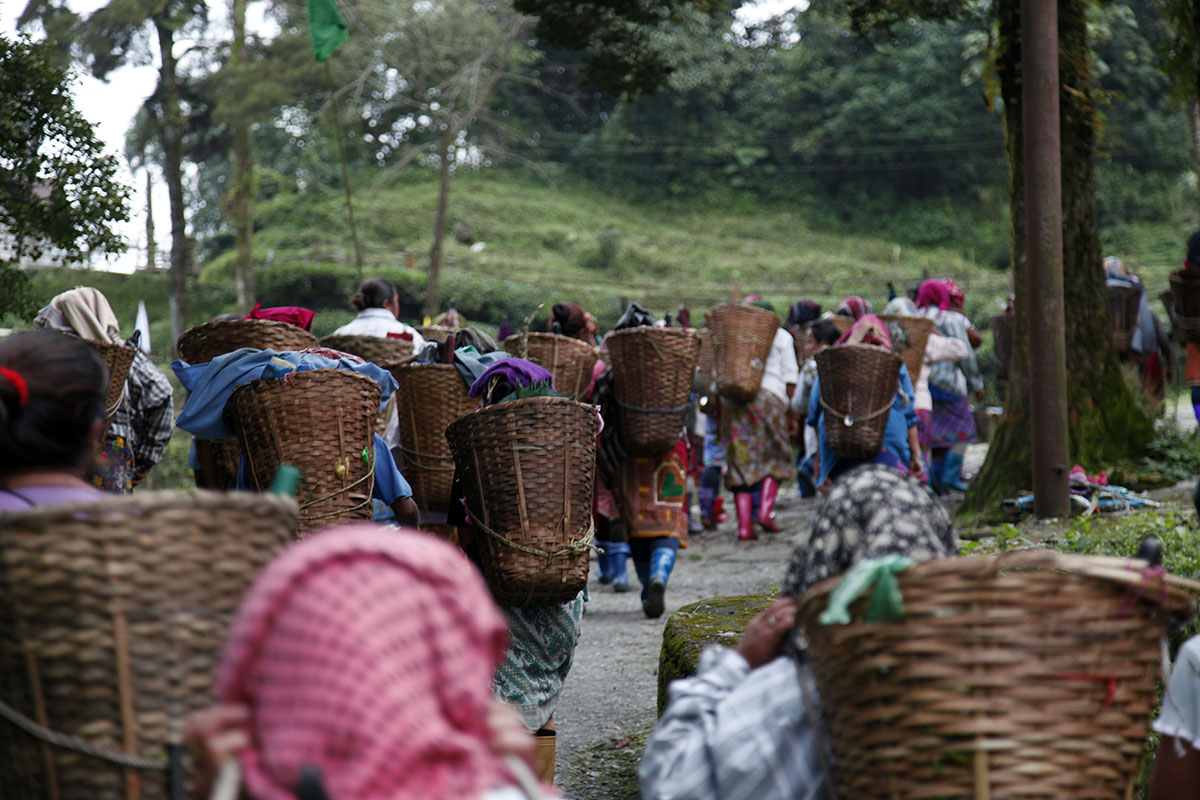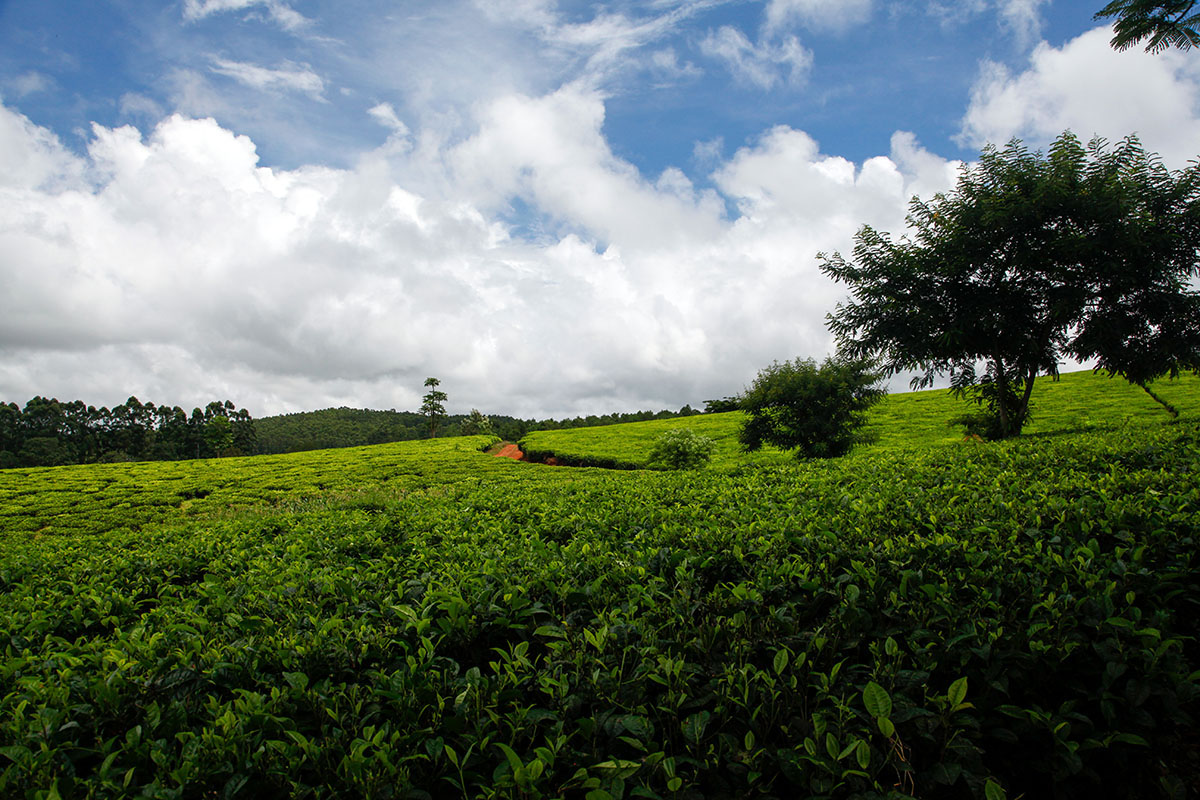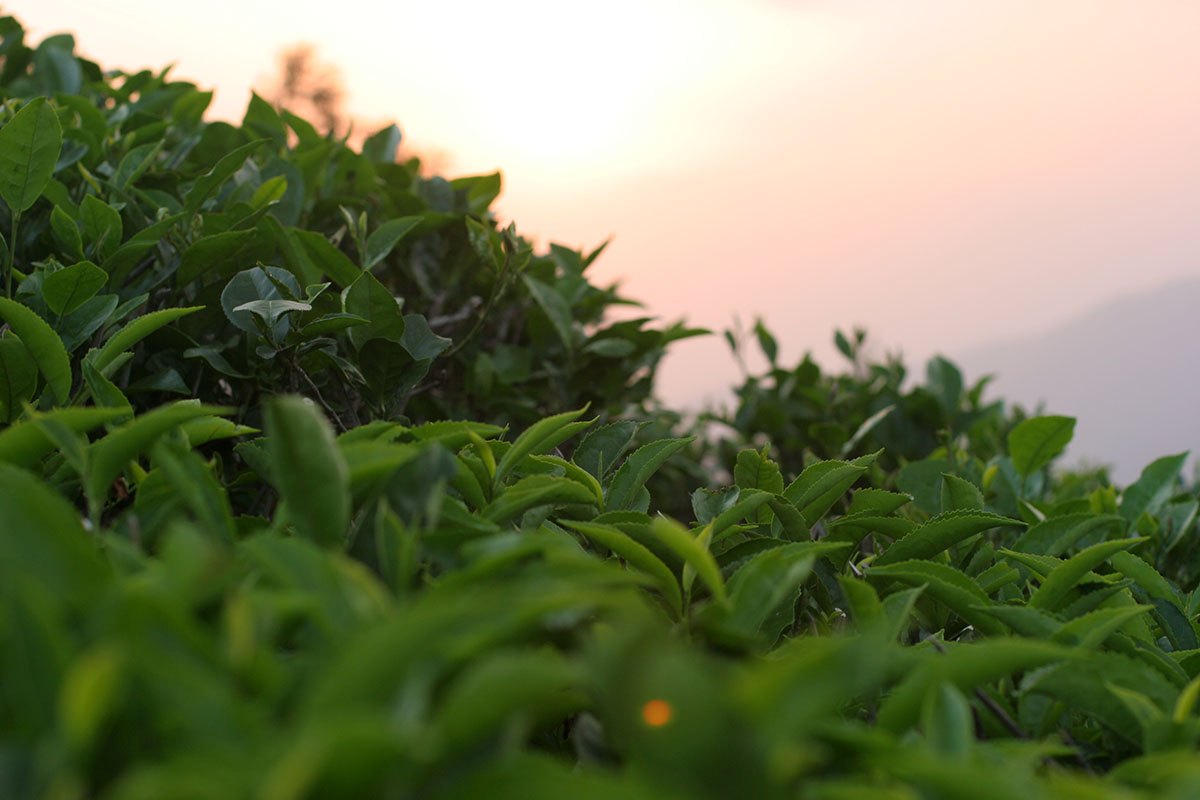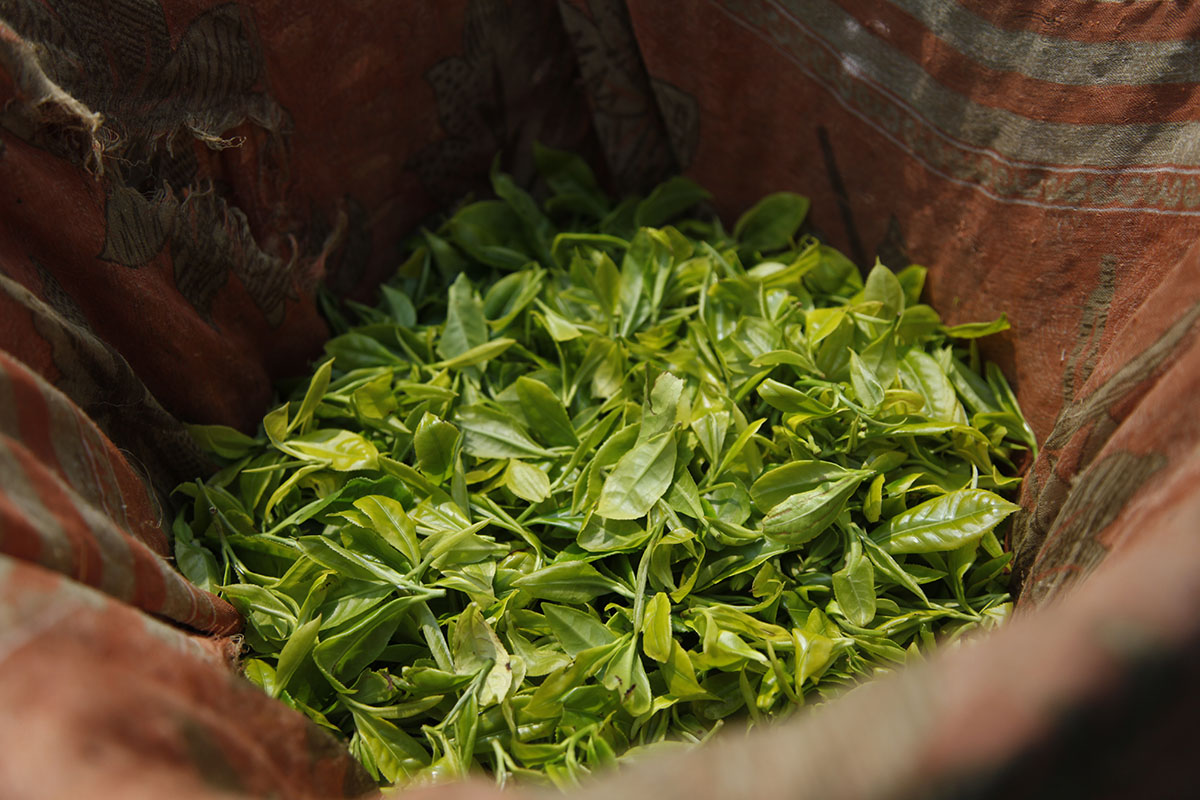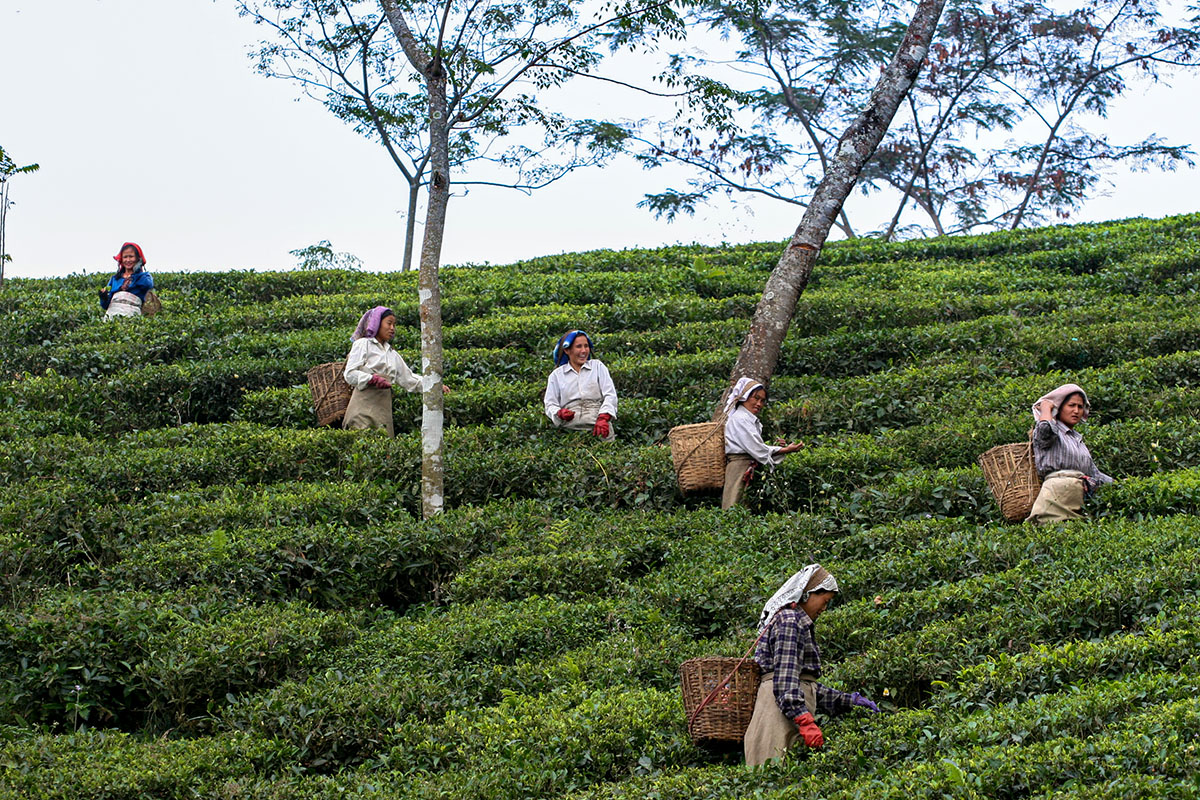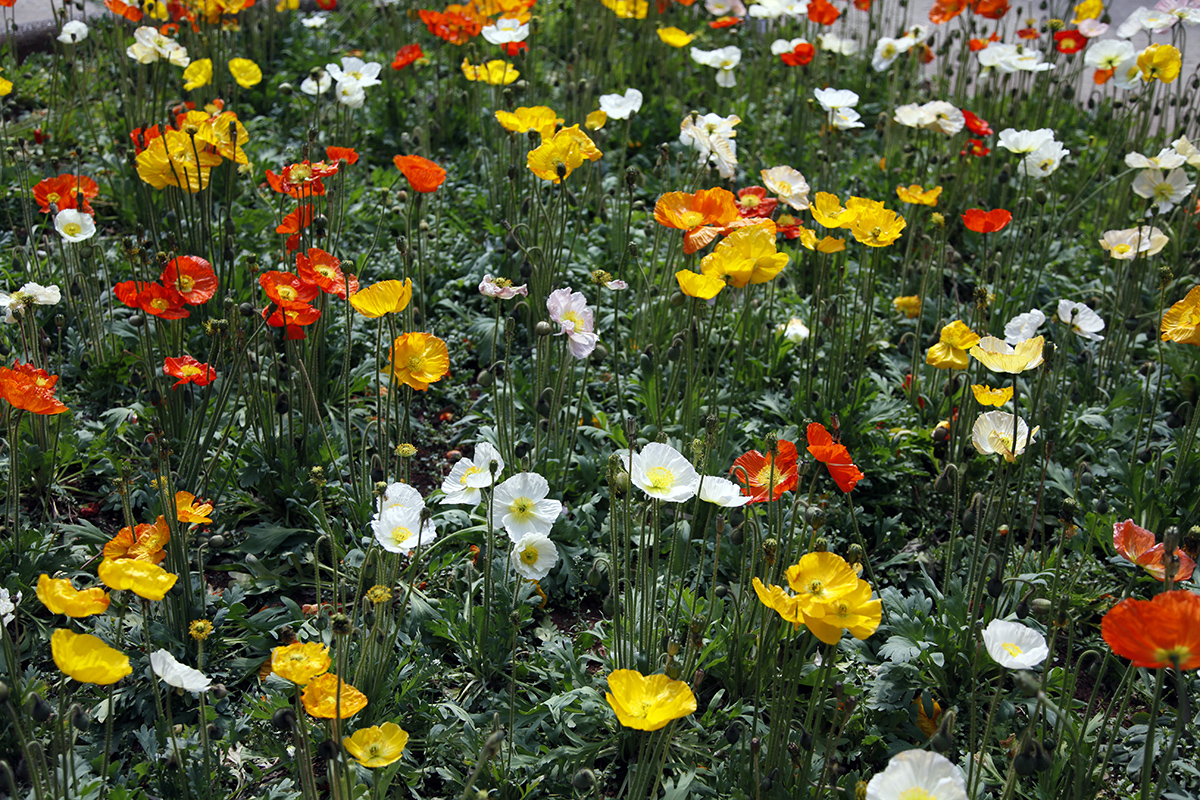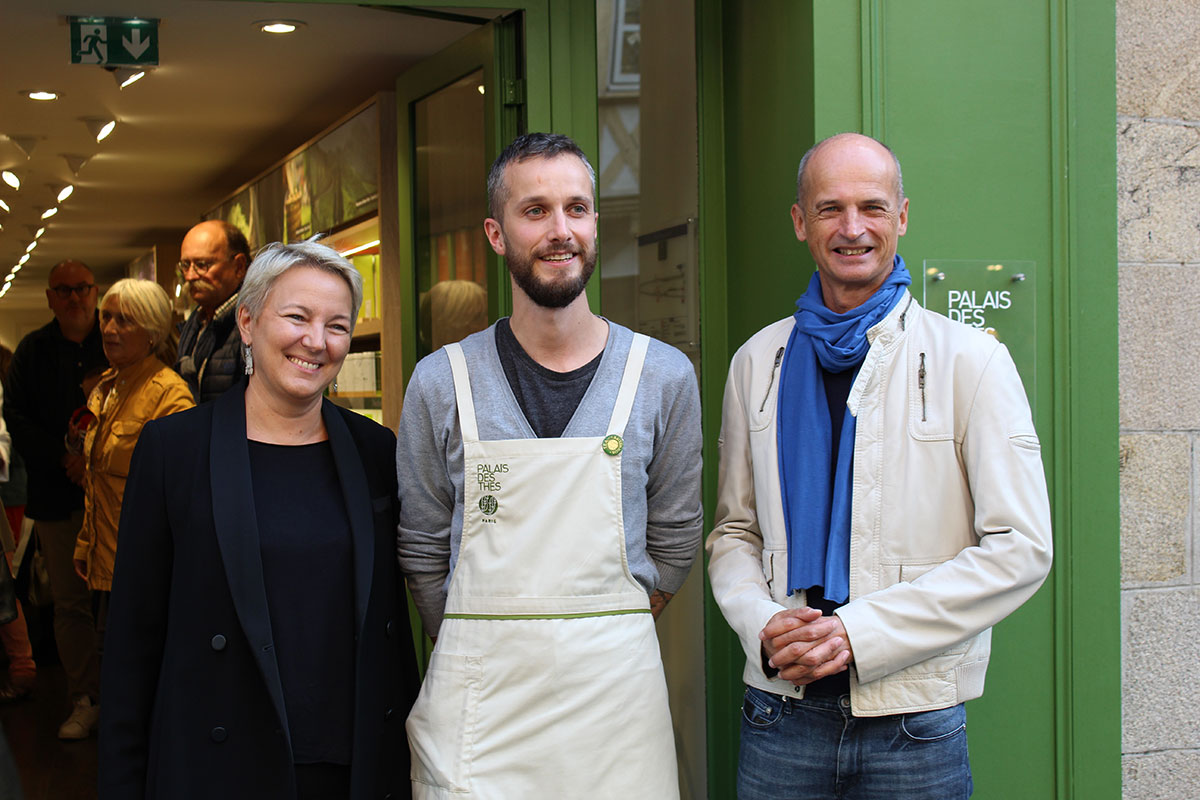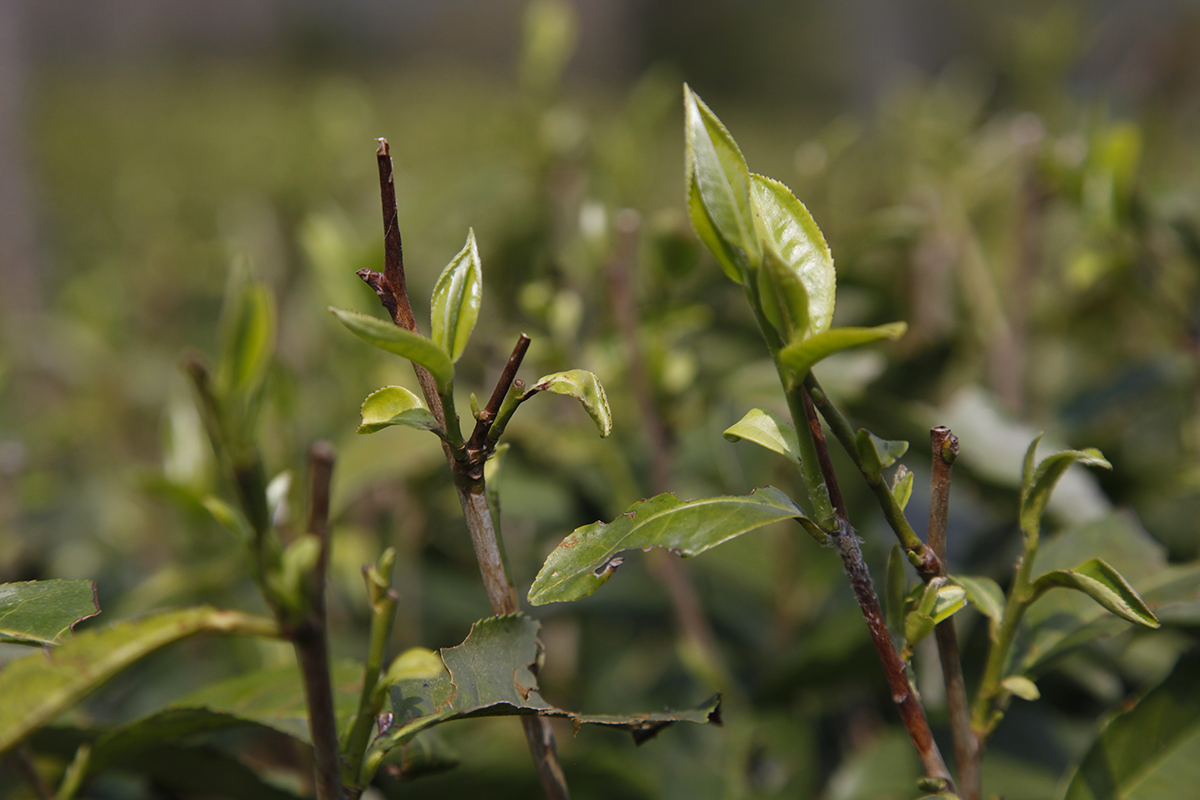One region is making me feel particularly anxious during this pandemic – Darjeeling. I was there at the beginning of March for the start of the harvests. I could see that the situation for workers was not good. Some plantations had not paid the pickers, and naturally the latter were demanding their wages for what they had already done before resuming their work. As the plantations in question refused to comply, justifying their decision with the fact that they were losing money and were therefore unable to pay out, the leaves were not harvested in a significant number of gardens.
It is difficult to know exactly which plantations in Darjeeling are profitable, and which are not. The issue has arisen repeatedly over the years. Many planters agree that it is not easy to make money, despite the low wages and the high prices of tea. Knowing that spring is the season when the teas attract the highest prices, the fact that the workers are all having to stay at home in India, like we are here, means there is a high risk that a number of gardens will shut down.

